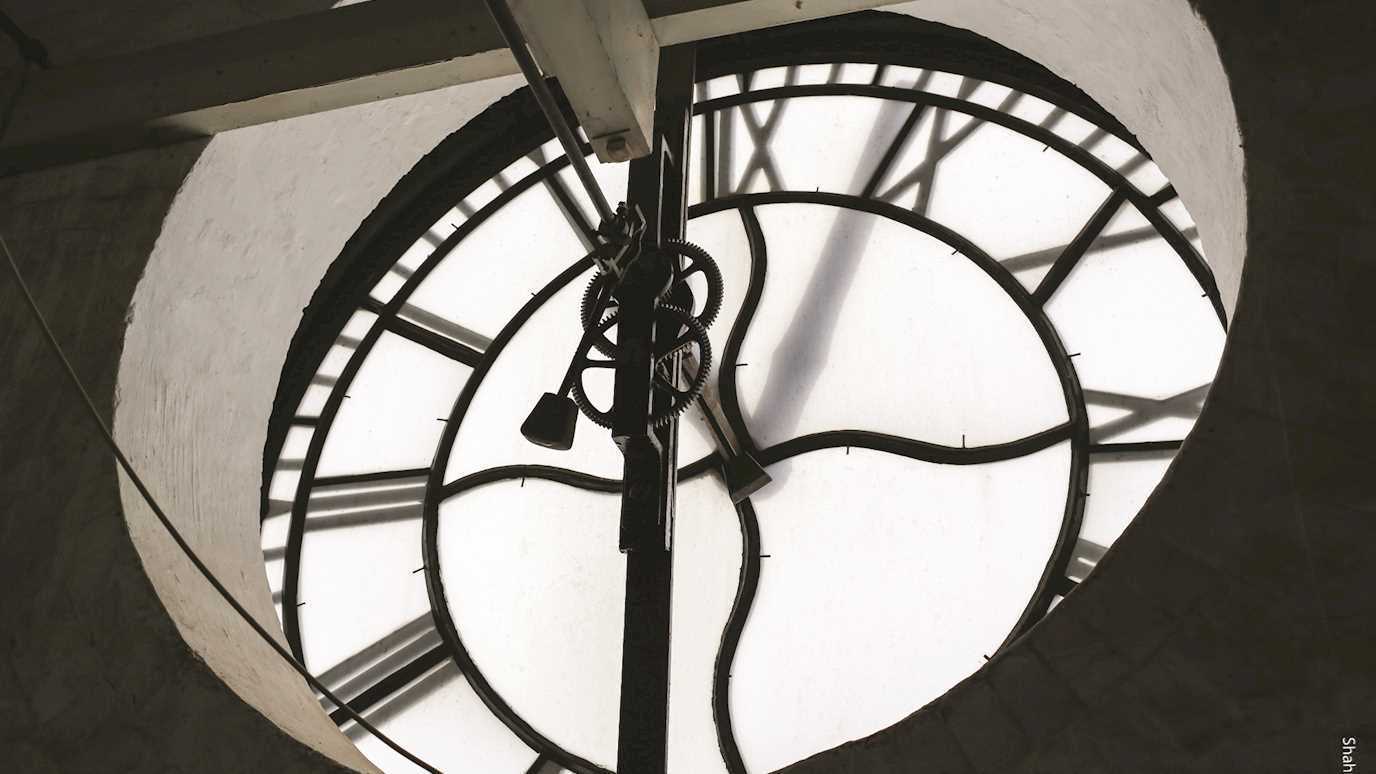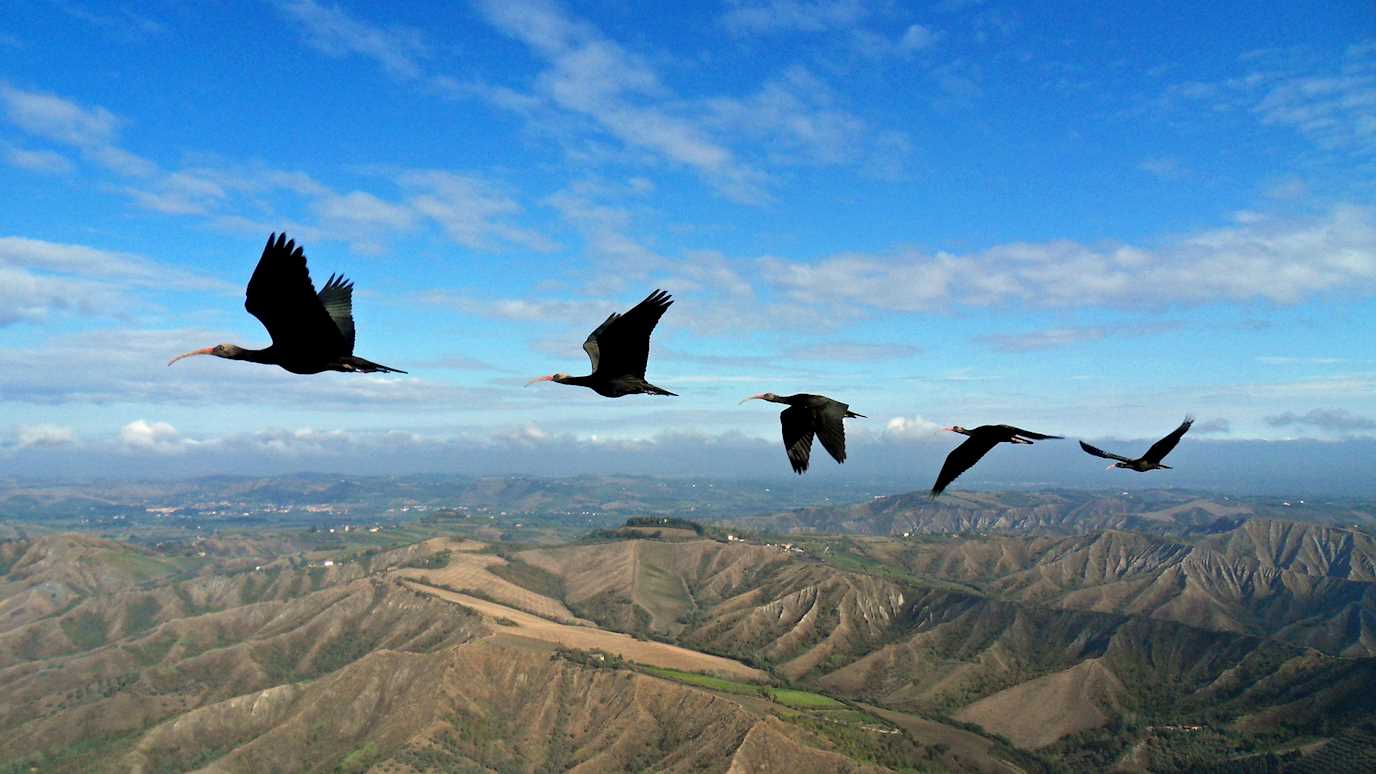Britain today is home to over three million people of South Asian heritage, and almost all their families were affected by the 1947 Partition of India to some degree.
Understanding the 1947 Partition of India in 21st-century Britain
Deeply engrained stereotypes (religious, ethnic, national) continue to shape how people, both in South Asia and in Britain, engage with the complex legacies created by Partition. Professor Ansari’s research on the impact of Partition advances understanding of its significance by showing its common impact on communities on both sides of the newly-created political divide. By challenging assumptions about Partition, her historical expertise has also directly influenced the activities of interfaith and community groups, teachers, think tanks, arts organisations and young people. Its impact has advanced understanding, learning and participation through shaping educational and community initiatives relating to Partition, both locally and nationally.
‘Child of the Divide’
The Partition History Project, an educational pressure group established by interfaith Church of England clergy, drew on Ansari’s historical expertise in their application for funding and subsequent re-staging of Sudha Bhuchar’s 2006 play ‘Child of the Divide’. This initiative centred on the loss, displacement, mass migration and trauma involved in Partition and its more contemporary parallels. The play, which undertook a national tour, was watched by audiences from different religious communities and was contextualised with historical resources.
Ansari was also commissioned by Bhuchar to write the introduction to a new edition of ‘Child of the Divide’ (Bloomsbury Publishing, 2017) with the aim of developing a greater sense of inclusion through enhancing the understanding that the play’s historical resonances provide.
Teaching the history of the 1947 Partition
Ansari worked with the Partition History Project and the Runnymede Trust to deliver a pilot educational study involving Bedfordshire and Hertfordshire schools. The Runnymede Trust’s own self-evaluation report - 'Nations Divided: How to teach the history of partition' - was launched in the House of Lords to a positive reception.
Ansari was one of the founding co-chairs of the Education Group of the Partition Commemoration Campaign, an initiative spearheaded by grandchildren of Partition survivors. The objective of this group, involving museum and archive professionals, community education specialists, schoolteachers and students, is to increase the teaching of South Asian history - and more specifically that of Partition - in British schools.
Ansari’s other recent collaborations include a Partition Women’s Voices project with the Slough-based youth and community organisation, Aik Saath. She also produced a comment piece for The Conversation, whose publication was timed to coincide with Partition’s 70th anniversary, and which has now been read over 400,000 times.
CHILD OF THE DIVIDE By Sudha Bhuchar, produced by Bhuchar Boulevard, in association with Big Imaginations, Partition History Project and Polka Theatre.
Photo credit: Katherine Leedale, 2017.





















